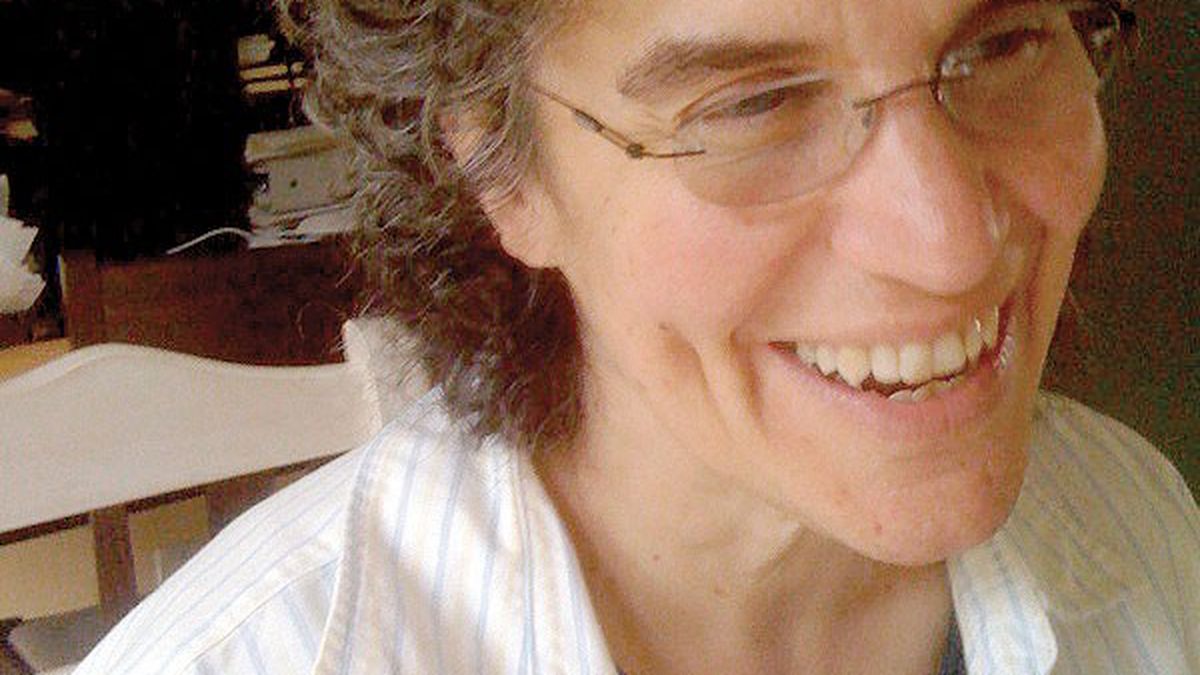In a new retelling of the Christmas story, performed at the First Congregational Church of Berkeley (2345 Channing Way, Berkeley) December 18 through 20, Jesus is born in a garage. And the Three Kings travel by motorbike.
“In this production, we’re trying to get away from stereotypical Christmas imagery because this is a universal story. Every culture tells it in their own way,” says Patty Contaxis, director/auteur of the Garage Door Nativity, which features a large diverse cast, live band, human-size puppets, and no spoken words. While the play is unscripted, and its evolution wholly improvisational, Contaxis came up with the original idea while sitting in church — “for many years, advent season after advent season. As the words were being said around me — this is a very familiar story, and people have heard those words over and over and over — I realized that the same rote words create different images in everyone’s minds. For example, we might say ‘manger’ or ‘Magi’ to one another, but what’s in your mind and what’s in my mind are probably very different.”
The images she found most intriguing in her own mind involved “aspects of the story that have been flushed out of the contemporary and secular presentations of Christmas,” Contaxis says. That’s why Herod assumes such a significant role in this production, dominating a village that struggles under his lethal thumb.
“Most people haven’t even heard of Herod, yet he’s a spectacular villain, a king who has used his power only to increase his power,” says Contaxis, a Berkeley psychotherapist who has worked for New York City’s Teatro Viola and embraces Christmas as part of a complex year-long context. “When Herod got wind of the baby Jesus’ popularity, he became enraged and terrifically envious and committed one of the first genocides in history, ordering the slaughter of all males under two years of age.” Described in the Gospel of Matthew, it’s known as the Slaughter of the Innocents. And in a season dominated by snowflakes, angels, and candy canes, “you can understand why it’s difficult to talk about.”
“The ecclesiastical year starts with Advent, which is the month of waiting in the dark. … Then there’s the birth, the Annunciation, then Epiphany: That’s when the Magi arrive. Then you get into Lent, which is weeks of suffering and grappling. Then Easter tells us about betrayal and defeat. Then you get into the Resurrection, and that story is preparing you for the fact that in this life, nothing comes easily and anything that’s worth anything is surrounded by obstacles. The Pentecost, a time of tremendous mourning, shows that amazing things can come to you at your nadir.” Throughout the year, “you learn the lessons and you try to live them out, and then with Advent it starts all over again,” Contaxis says. “Most tellings of the Christmas story begin with love. Ours begins with obstacles.” 7:30 p.m., $5-$10. FCCB.org












